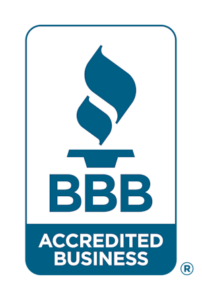Protecting funds in a bank account is often a top priority of those filing for Chapter 7 or 13 bankruptcy. The effect that bankruptcy will have on any money deposited into your personal bank accounts is dependent upon if the money has been protected by a bankruptcy exemption and the amount of pre-bankruptcy planning you were able to do to protect the money that is not exempt in the bankruptcy process.
Pre-bankruptcy planning is common and legal, it is sometimes referred to as asset conversion. Though it may sound like it is something sneaky asset conversion is a method used to re-organize any assets and keep as much property in your hands and out of the reach of creditors as possible. The way to do this with bank account funds would be to invest any amount over the exemption amount in exempt assets.
While it is perfectly legal to convert the non-exempt property into the exempt property it needs to be done in “good faith” and the law does not allow someone filing for bankruptcy to hinder, delay, or defraud creditors. You need to be extremely careful when converting bank account funds to the exempt property because determining the good faith of your asset conversion is tricky and while courts recognize asset conversion as legal a small amount of courts recognize pre-bankruptcy planning as ethical practice.
Read more: Should I Even File Bankruptcy?
Forms of allowable pre-bankruptcy planning that do not send up red flags in court include: paying down your mortgage in states with large homestead exemption, making an annual contribution to your retirement account, IRA or other exempt pension plan as defined by your state exemption list, purchase exempt personal property like cars furniture and clothes according to state exemption amounts, purchase of life insurance, pay down nondischargeable debts like taxes, student loans, alimony and child support.
If a court finds that you have attempted to defraud creditors with asset conversion it could impose civil or criminal penalties. Courts will look at factors such as misrepresenting asset values, investments made were worth less than money spent, family or close friends were involved in property purchases, a radical change in lifestyle.
There is another thing you can do to protect finds in your bank account. If you owe the bank or credit union you have an account with money at the time you file for bankruptcy, for example if you have taken out a mortgage or car loan with them,they have the right to “set off” any debts owed to them with any bank account funds you have in their bank. They have the right to do this at anytime regardless of a bankruptcy claim. Banks rarely use “set off” rights but it is still a good decision to take every precaution and think of every likely scenario before filing for bankruptcy.
Bankruptcy laws are very different in every area and it is impossible to know the best way to protect accounts and what measures you should take without an experienced lawyer. If you are considering filing for bankruptcy please contact the team at Advantage Legal Group.





